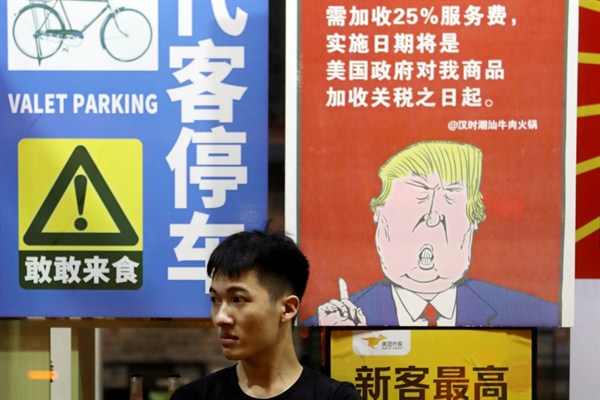Since the establishment of the World Trade Organization in 1995, every American president has struggled to some extent with the compromises embedded in the bargaining over the rules of international trade. But that mild discomfort has boiled over with President Donald Trump, who is deeply skeptical of multilateral institutions and has focused much of his ire on the WTO. This is now leading to a situation where the WTO’s system for settling trade disputes could grind to a halt this year. How has that happened, and what would it mean for U.S. interests?
A key American goal during the Uruguay Round of trade talks in the 1990s that created the WTO was to strengthen the system for settling trade disputes and make enforcement of the rules more certain. A second one was to extend those international trade rules to areas of U.S. comparative advantage, including services and products most dependent on intellectual property. While negotiators largely achieved those goals, the United States also had to concede to stronger rules in areas that were priorities for other trade partners. After all, it was a negotiation.
Trump’s unyielding stance on these issues—he has reportedly told advisers more than once that he wants to withdraw from the WTO—reflects a nationalist element in American politics that has long been leery of international law and institutions. The Constitution’s separation of powers across the government’s branches, and Article I’s delegation to Congress of the authority to regulate trade, also create tensions when it comes to the implementation and enforcement of trade agreements. Unlike many other countries, treaty provisions are not automatically incorporated in U.S. domestic law when approved by Congress. Rather, the executive branch provides assurances that the treaty is consistent with existing U.S. law before submitting it to the Senate for ratification. Trade agreements often do involve changes in U.S. law, and both houses of Congress have to approve the implementing legislation for these agreements.

